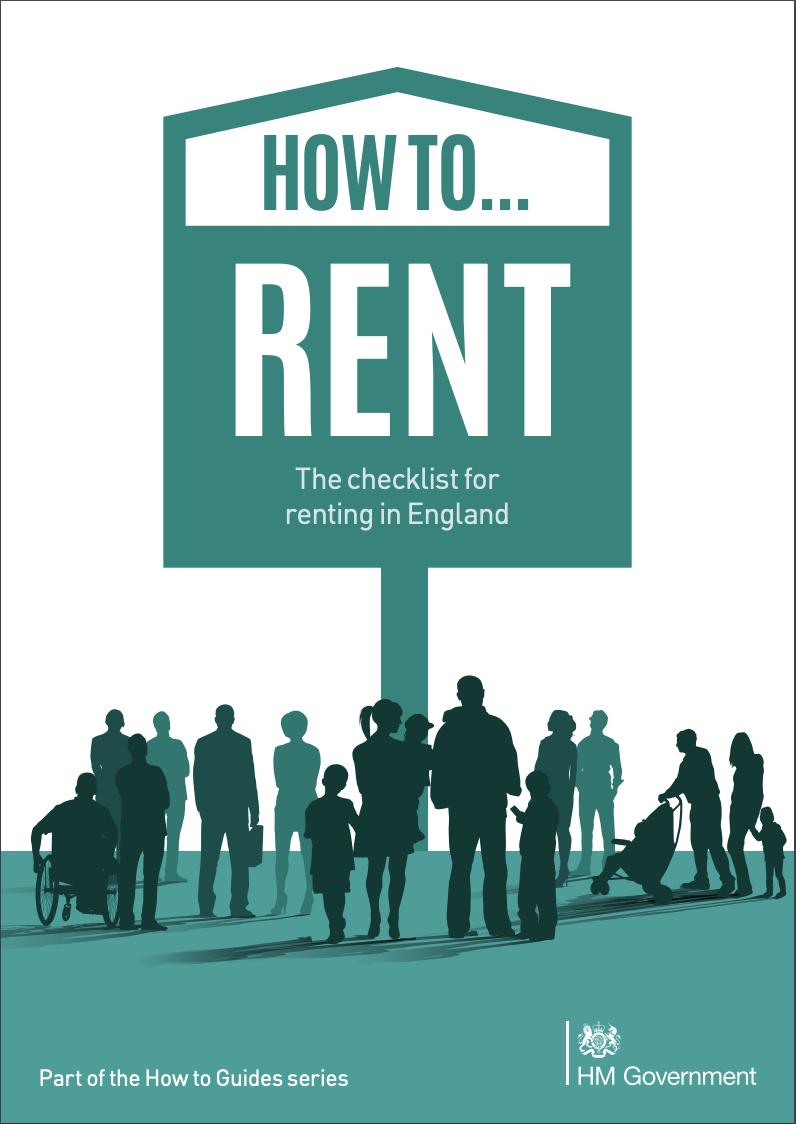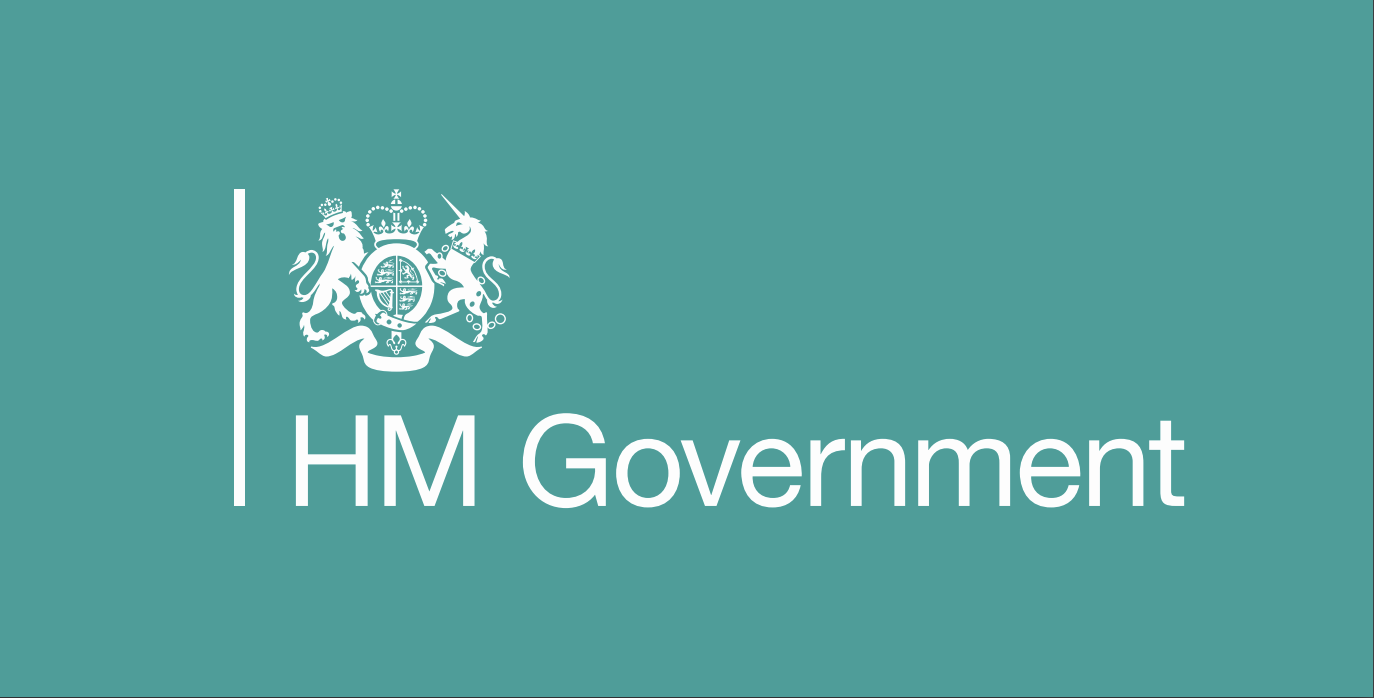Why is the Ministry of Housing 'How To Rent' guidebook so useful?

First published on 10 June 2014 and updated on a fairly regular basis since then, the ‘How To Rent’ guidebook published by Ministry of Housing, Communities and Local Government is a really useful tool for renters, landlords and letting agents.
Want to know more? Read on, as we’ve tried to pick out the best bits, helpful points and hidden gems.
The 'How To Rent' guidebook sits in a bunch of useful guide published by Ministry of Housing.
Guides in the series include:
How to rent
How to rent a safe home
How to let
How to lease
How to buy a home
How to sell a home
The 'How To Rent' is for tenants and landlords in the private rented sector to help them understand their rights and responsibilities.
It provides a checklist and more detailed information on each stage of the process, including:
- what to look out for before renting
- living in a rented home
- what happens at the end of a tenancy
- what to do if things go wrong
The whole renting journey is covered
Before you start
A really hand checklist of things you need to make sure you have ready, even before you start renting. Things you might not have thought about such as:
How long do you want the tenancy for?, What can you afford?, Do you have your documents ready?
These may seem like ridiculous questions to some people, but they’re really important to consider. As a renter you’ll be entering in to a contract with a landlord and/or letting agent. It really is worth considering what your future plans could be before you sign a 12 month rental contract.
Looking for your new home
Check for smoke and carbon monoxide detectors, check to see who is responsible for paying the bills, ask the landlord or letting agent which deposit protection scheme they’ll be using.
This isn’t mentioned in the How To Rent guidebook, but you should check to see if your landlord, letting agent or the property has been reviewed on Marks Out Of Tenancy.
When you’ve found a place
‘Check the paperwork’ is the headline of this section.
Make sure you have a tenancy agreement. Read it. Check it. Re-read it.
Is there anything in the tenancy agreement you don’t agree with?
Do you have any questions about the content of the tenancy agreement?
Get your questions answered before you sign anything.
‘Inventory’ is the next heading. Take photos. Take photos of everything!
‘Meter Readings’. Take a note of these. Don’t scribble them and lose the paper, don’t write them on the back of your hand and inadvertently wash them off, keep the meter readings safe somewhere.
‘Contact details’. The guide says: ‘Make sure that you have the correct contact details for the landlord or agent, including a telephone number you can use in case of an emergency. You are legally entitled to know the name and address of your landlord.’
Living in your rented home
Pay your rent on time.
Pay your bills.
Look after the property.
Be considerate to neighbours and others.
Don’t take on a lodger.
At the end of the fixed period
Should you stay or should you go now?
You have options depending on what you or your landlord wants to do.
We recommend talking to your landlord to convey your plans. Be open, courteous and communicative with your landlord.
If things go wrong
We love the open lines of this section: ‘Most problems can be resolved quickly and easily by talking to your landlord or letting agent.’
This is a great advice to any tenant, keep the lines of communication open between you and your landlord.
How To Rent guidebook then goes on to say that as these lines sometimes break down there are professional, practical steps you can take. Legal protections exist to help.
There’s too many to list here, head over to check them out: https://www.gov.uk/government/publications/how-to-rent
Further sources of information
There’s a bunch of organisations linked from the How To Rent guidebook.
Here’s some and what they provide:
Citizens Advice – free, independent, confidential and impartial advice to everyone on their rights and responsibilities.
Shelter – housing and homelessness charity who offer advice and support.
Crisis – advice and support for people who are homeless or facing homelessness.
Your Local Housing Authority – to make a complaint about your landlord or agent, or about the condition of your property.
Money Advice Service – free and impartial money advice.
The Law Society – to find a lawyer.
Gas Safe Register – for help and advice on gas safety issues.
Electrical Safety First – for help and advice on electrical safety issues.
Marks Out Of Tenancy – information for current and prospective tenants.
The Three government-backed tenancy deposit protection schemes
Deposit Protection Service
MyDeposits
Tenancy Deposit Scheme
The Two government-licensed letting agent redress schemes
The Property Ombudsman
Property Redress Scheme
Things to remember about the How To Rent guidebook.
- your landlord has to provide you with a copy of the How To Rent guidebook at the beginning of your tenancy.
- the How To Rent guidebook is updated on a fairly regular basis. Ministry of Housing Communities and Local Government don’t have a list of all landlords and renters so we collectively have to keep an eye out for when changes occur.
- renting is changing all the time. New legislation is being created to make renting better for tenants and landlords. Old versions of the How To Rent guidebook may contain information that is out of date, so check you have the most up-to-date version by clicking this link: https://www.gov.uk/government/publications/how-to-rent
- users who use screen readers or assistive technology can request a copy of the How To Rent guidebook in more accessible formats by emailing alternativeformats@communities.gov.uk
So why is Ministry of Housing’s ‘How To Rent’ guidebook so useful?
It’s jam packed full of checklists, guides, links, suggestions, questions you may not have thought of, legal advice and signposts to organisations who are there to help renters.
And also because it links through to Marks Out Of Tenancy.
+1 to MoH!

